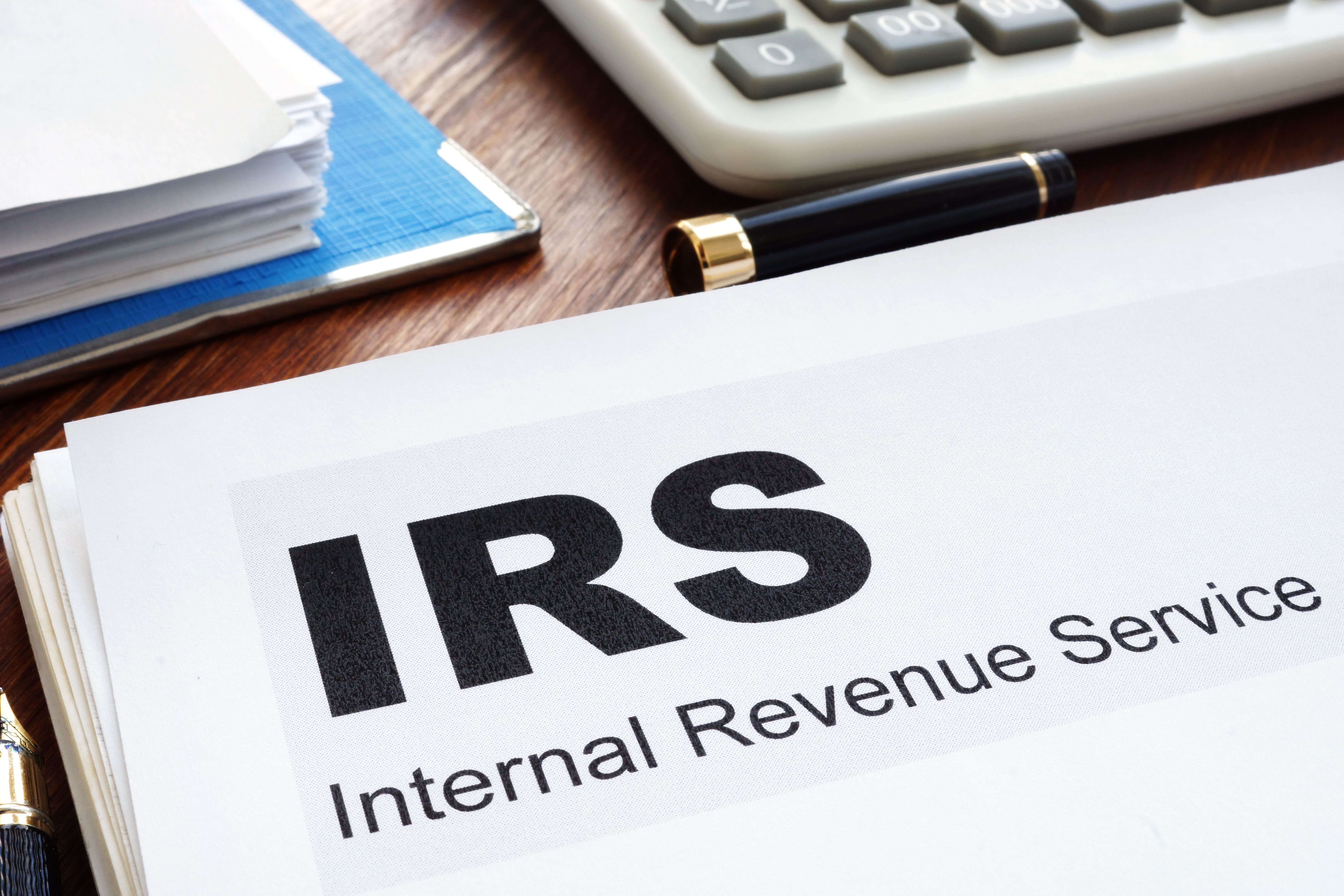Does the IRS Report to Credit Bureaus?
The IRS does not report any taxes owed to any of the credit agencies, with the exception of federal tax liens. There is legislation in place to ensure this. IRC section 6103 of the tax code forbids the release of any tax information disclosure to the credit bureaus.
All of this could soon change if a proposal being considered by the Senate Finance Commission is passed. The Senate committee is considering amending section 6103 of the tax code in order to make reporting tax debt to the three major credit agencies. The underlying idea is that consumers and business owners will be more inclined to pay their delinquent taxes if it will improve their credit rating.
However, there are a few problems with this assumption.
Billions in Taxes
One reason the Senate Finance Committee is considering this drastic action is the billions in unpaid taxes on the books as of the end of 2011. Break down:
- Individual- $258 billion owed
- Business- $115 billion owed
It costs the IRS considerably to pursue these delinquent tax accounts, hence the idea put forth by the Government Accounting Office, (GAO). Unfortunately, these entities are not considering the negative impact of credit reporting.
Issues
In a recent report by the Taxpayer Advocate Center, it was determined that people and businesses subject to federal tax liens are less likely to report income and comply with tax laws. Why are people and or businesses less inclined to pay the bill under liens and credit threats? The simple answer is less money to do so!
You have to understand that people and businesses with negative equity depend on credit and when their credit rating takes a hit, they are less able to earn the money to pay debts of any kind let alone their tax bill. Businesses will be unable to establish much-needed lines of credit for operating expenses and individuals may have more trouble finding a job. (Many new employers are looking at credit ratings as a part of the hiring process.)
Unanswered Questions
Let us assume that there is any merit to this type of change in the tax code, there are still some very important questions that should be addressed. Take for example:
- Will there be a minimum balance due before tax debt is reported to credit agencies?
- How will the accuracy within the credit bureaus be maintained?
- How long will it take to clear the credit report once the debt is satisfied?
Impact
Changing the tax code to allow reporting of tax debt to the three major credit agencies will make things more difficult for the IRS, individuals, businesses and even the country as a whole. Consider the following:
- IRS- change in tax codes means more work for an already overburdened system
- Individuals- credit reports can impact several aspects of life including employment, housing and more.
- Businesses- dried up credit lines could be serious for many business owners potentially leading to lost revenues, downsizing and bankruptcy.
- Country- as people and businesses try to dig out of a financial mess with a damaged credit score, reporting of income may decrease, which will further decrease income to the government while at the same time slowing recovery.
Final Thoughts
Thankfully, this legislation is not a done deal. At this point, the Senate Committee is reviewing the changes before making a determination. Hopefully, they will pay attention to the Tax Payer Advocate and even congressional reports about how damaging reporting tax debt to credit agencies could be.


